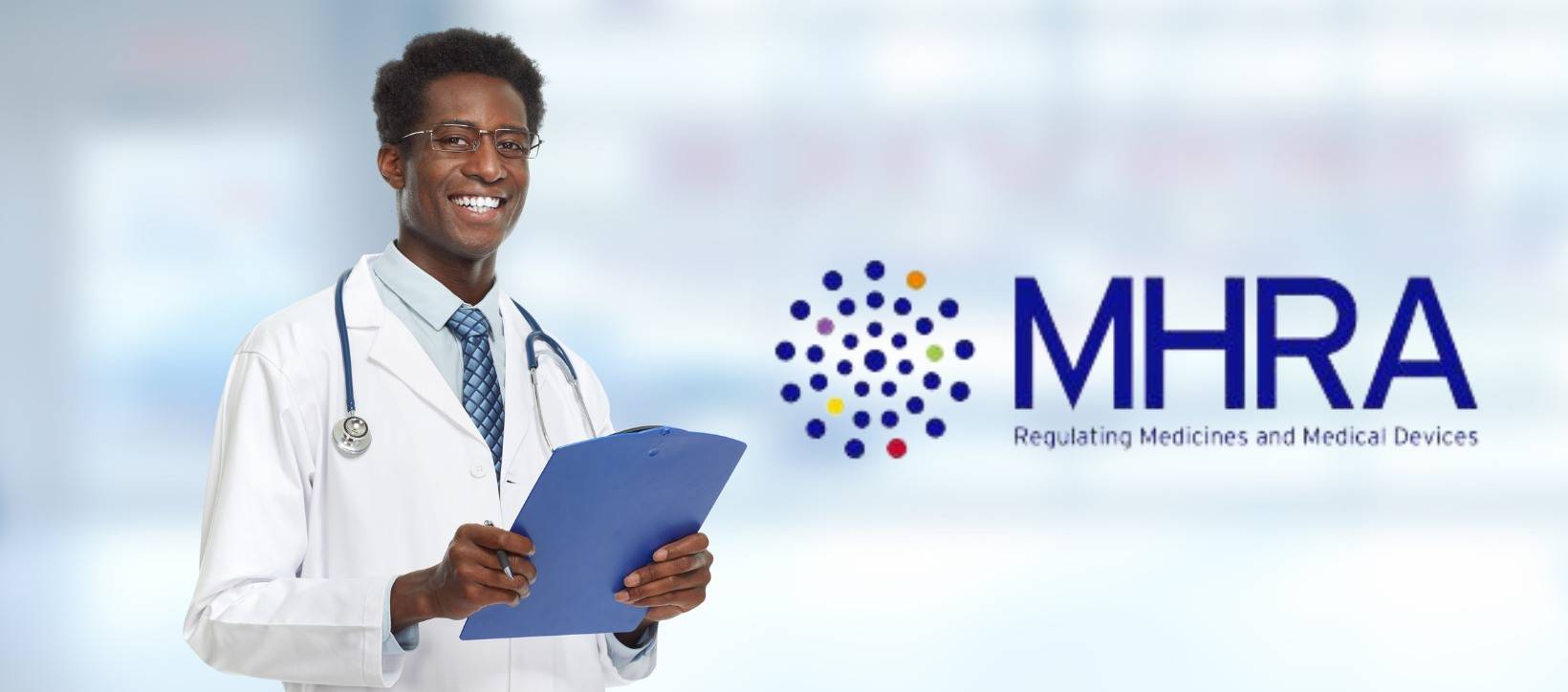The new article elaborates further on special considerations associated with clinical investigations involving medical devices intended to be marketed and used in the UK, highlighting the most important aspects.

Table of content
The Medicines and Healthcare products Regulatory Agency (MHRA), the UK regulating authority in the sphere of healthcare products, has published a revised guidance dedicated to clinical investigations involving medical devices. The document provides an overview of the applicable regulatory requirements set forth under the existing legislation, as well as additional clarifications and recommendations to be taken into consideration by medical device manufacturers, study sponsors, and other parties involved in order to ensure compliance thereto.
The authority also reserves the right to make changes to the guidance and recommendations provided therein, should such changes be reasonably necessary to reflect corresponding amendments to the underlying rules and regulations.
In particular, the document outlines the comprehensive considerations required for conducting clinical investigations of medical devices in the UK, detailing the regulatory aspects, necessary preparations, and specific considerations that must be observed according to the guidelines issued by the authority.
Assessment of Device Quantity in Clinical Investigations
First of all, the MHRA specifically emphasizes the number of devices involved in a clinical investigation. In particular, it is stated that the number of devices must be sufficient to adequately demonstrate the device’s performance and identify any significant risks to patient health and safety.
However, it should not be excessively high as to unduly expose patients to potential risks before thorough risk assessments are completed. The chosen number should balance the investigation’s objectives with the perceived risk of the device, adhering to relevant standards.
Manufacturers are advised to consult with “Statistical considerations for clinical investigations of medical devices” developed by the MHRA before submitting applications.

Duration of Clinical Investigations
The duration of a clinical investigation should allow for a realistic assessment of the device’s performance and the identification of any adverse incidents within that timeframe. While it is impractical to match the investigation period to the expected lifespan of many devices, the chosen duration should nonetheless enable a robust evaluation of short-term safety issues, particularly for devices like orthopedic implants and vascular stents where certain complications may only appear after several years.
Post-Market Clinical Follow-Up
According to the guidance, post-market clinical follow-up is crucial for continuously updating the clinical evaluation of a device with data gathered from post-market surveillance. This follow-up is especially important for devices where long-term safety concerns might arise. The need for such follow-up should be justified with clear reasons when deemed unnecessary.
Devices that typically require post-market follow-up include those that are innovative, used for severe diseases, intended for sensitive populations, or placed in risky anatomical locations.
Types of Investigations and Control Groups
Clinical investigations often do not include a control group unless it is necessary to demonstrate the device’s claims effectively. As explained by the MHRA, the necessity for, and the nature of, control groups should be justified, with a preference for randomized and prospective groups where feasible.
For pivotal or confirmatory studies, the presence of a control group should be clinically relevant and justified if omitted.
Selection of Endpoints
Endpoints in clinical investigations must be carefully selected to support the stated aims and objectives under normal usage conditions. The methods used to support these endpoints should be as objective as possible, such as results from diagnostic tests, rather than subjective measures like symptom severity.
Labeling Requirements
The scope of the document also covers the requirements related to labeling. In particular, devices under clinical investigation must be explicitly labeled as “exclusively for clinical investigation”.
This helps avoid confusion among clinical staff who might mistake the investigation focus from the patient to the device. Manufacturers must ensure that all personnel involved in the study understand this distinction clearly.
Research Ethics Committee Opinions
For all clinical investigations, obtaining an opinion from a Research Ethics Committee (REC) is mandatory, and the MHRA must be notified concurrently. The investigation can only commence once REC approval is granted and no objections are raised by the MHRA.
Management Permissions and HRA Approval
Before starting a clinical investigation at any site, confirmed management permission is required. This includes HRA Approval for NHS sites in England and corresponding permissions in Northern Ireland, Scotland, and Wales. Clinical investigations should not commence until these approvals are in place.
Conclusion
In summary, the present document further emphasizes that clinical investigations of medical devices in the UK require detailed planning and strict adherence to specific regulatory standards to ensure patient safety and the efficacy of the device under investigation.
The guidelines provided by the MHRA outline the necessary steps and considerations, emphasizing the importance of ethical approval, appropriate study design, and careful monitoring throughout the investigation process.
How Can RegDesk Help?
RegDesk is a holistic Regulatory Information Management System that provides medical device and pharma companies with regulatory intelligence for over 120 markets worldwide. It can help you prepare and publish global applications, manage standards, run change assessments, and obtain real-time alerts on regulatory changes through a centralized platform. Our clients also have access to our network of over 4000 compliance experts worldwide to obtain verification on critical questions. Global expansion has never been this simple.
Want to know more about our solutions? Speak to a RegDesk Expert today!
–>
- SEO Powered Content & PR Distribution. Get Amplified Today.
- PlatoData.Network Vertical Generative Ai. Empower Yourself. Access Here.
- PlatoAiStream. Web3 Intelligence. Knowledge Amplified. Access Here.
- PlatoESG. Carbon, CleanTech, Energy, Environment, Solar, Waste Management. Access Here.
- PlatoHealth. Biotech and Clinical Trials Intelligence. Access Here.
- Source: https://www.regdesk.co/mhra-revised-guidance-on-clinical-investigations-considerations/



